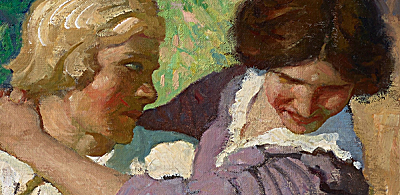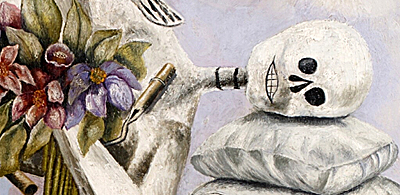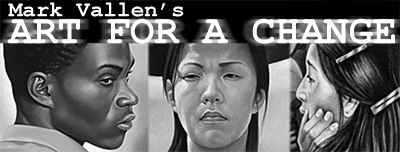That Article or Page No Longer Exists...
Instead check out the latest blog posts below or three random blog posts further down.
Latest Additions to the Blog

AI, the end of Illustration art
I recently came across an illustration of Elon Musk published on a popular news and commentary website. The credit for the likeness read “Image generated

Frida Kahlo and The Dream
The culture vultures have descended. On Nov. 20, 2025 Sotheby’s New York auctioned a 1949 self-portrait by Frida Kahlo. It is titled El sueño (La

Luigi’s Circle Jerk Army
On April 13, 2025, the antediluvian punk rock band from Los Angeles, the Circle Jerks, performed at the Coachella Valley Music and Arts Festival. Singer
Three Random Blog Posts
The Art Of Estaño
I’ve created a brand new website that reveals the history of the Mexican Muralist Movement and one American artist’s personal connection to it. Philip Stein,
The Enduring Works of Goya
Los Caprichos, the world-renown etchings by Francisco José de Goya y Lucientes (1746-1828), are being displayed at the Cal State Fullerton Art Gallery in Fullerton,
Drawing the Line: My Early Sketches
In 2005 I rediscovered a number of my old sketchbooks that had been packed away for decades. These sketchbooks contain hundreds of pencil and pen

